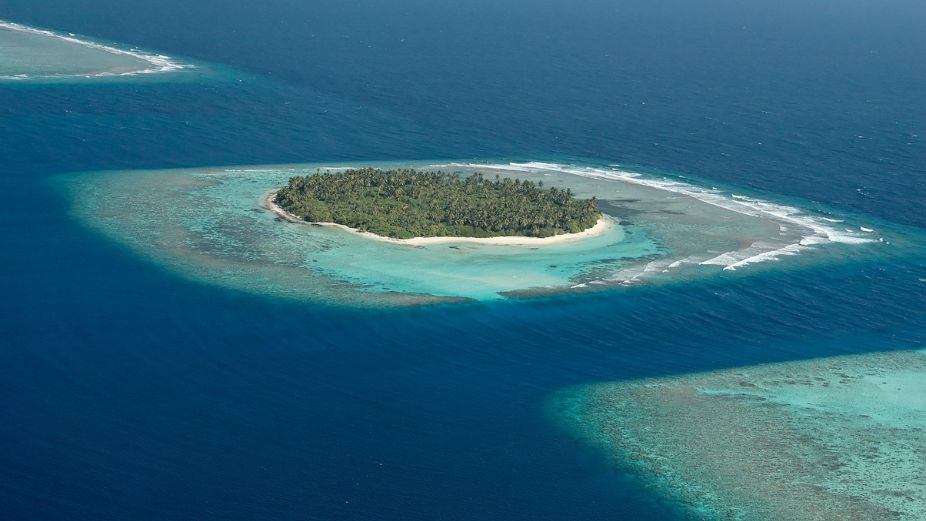A new regulation has been implemented to facilitate the leasing of uninhabited islands for economic purposes without the need for open bidding. The Ministry of Economy has issued the ‘Rules for Leasing of Uninhabited Islands for Development for Economic Purposes’ to govern this process.
Under the newly implemented regulations, uninhabited islands that do not fall under specific sectors are now eligible for leasing purposes to carry out economic activities. However, it is important to note that certain types of uninhabited islands still require a bidding process for leasing, including those leased under the Tourism Act, islands leased for fishing and agriculture, and islands covered by the local ‘Varuva’ scheme.
The regulations grant the President, with advisory support from the Economic Council, the authority to designate an island as an industrial island for conducting economic activities. If an island is designated as an industrial island and falls under the jurisdiction of an island or city council, it must be excluded from their jurisdiction and included in the list of industrial islands prepared under the new regulations.
As per the newly implemented regulations, uninhabited islands not falling under specific sectors can now be leased for economic activities. However, it is worth mentioning that certain types of uninhabited islands, such as those leased under the Tourism Act, islands leased for fishing and agriculture, and islands covered by the local ‘Varuva’ scheme, still necessitate a bidding process for leasing.
For islands leased under the Unsolicited Proposal Policy, the Ministry of Economy has the authority to impose payment conditions in the form of an acquisition fee. The Economic Council determines the acquisition fee based on factors such as the proposed development works on the island, the nature of the industry, and the investment value. The Ministry of Economy will determine the annual lease rent, which must not be less than 10 lari per square foot per year.
The regulation encompasses several essential provisions, which include:
- The lessee must sign an agreement with the ministry that outlines details such as the lease period, lease rental, payment methods, permitted activities, dispute resolution mechanisms, and termination conditions.
- The lease period for islands is initially set at 21 years. However, the ministry may extend this period to a maximum of 50 years if the lessee requests an extension.
- The extension will only be granted if at least 75% of the proposed investment has been made, the work is being carried out according to the agreed schedule, and at least 75% of the work has been completed.
- A lease period extension fee of MVR 5,000 will be charged.
- Any violation of the regulations will result in a fine not exceeding MVR 1 million, depending on the severity and nature of the violation


















